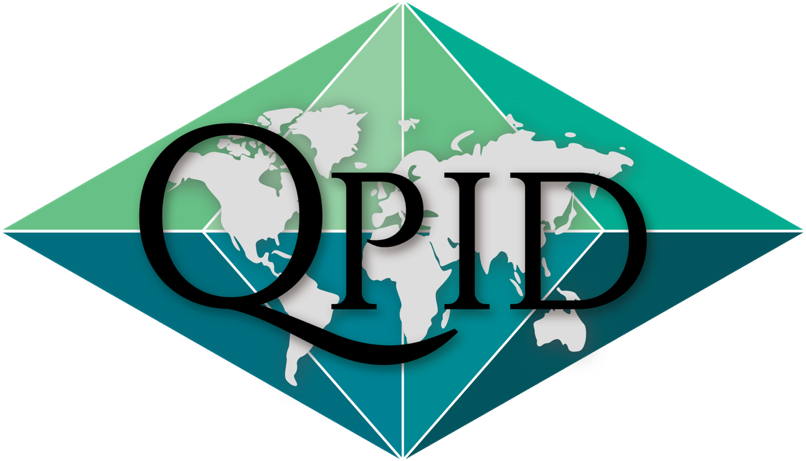So You Think You Can Develop?
What is charity? To kick off QPID’s first forum of the year, members critically discussed the implications of words that get thrown around in our society.
Jacquie, representing both QPID and OPIRG Kingston, hosted the forum as a part of Alt-Frosh Week. She wrote “charity” on the whiteboard of the JDUC’s John Orr room, to encourage us to think about the connotations that came along with the word.
The discussion began with members volunteering words such as: donation, giving and poverty. There is an assumption with mainstream charity work that there is always a “giver” and “receiver” of resources, aid, or monetary donations. This unequal exchange creates a top-down hierarchy, which situates the “giver” in a position of authority and the “receiver” as inferior. This type of distant relationship created through the concept of charity drew several individual minds to the commonly viewed image of a small, malnourished “African” child from a World Vision commercial that so perfectly emulates the idea of “development pornography” (http://africasacountry.com/2015/07/devpix-5-things-that-cant-be-ignored-about-development-photography/). The paradox of charity is such that in performing or being involved in charity, one can actually make the situation worse. Charity dependence and hurtful assumptions can perpetuate a dichotomy of “us” versus “them” and thus, the paradox of charity lies in the fact that by performing or being involved in charity, one can actually make “things” worse.
Further, Jacquie introduced the student group to the word “solidarity.” The concept of solidarity invoked such ideas as mutual relationship and communication between ACTORS. Instead of having charitable relationships based almost solely on money, solidarity implies partnerships based on mutual opportunities that allow varying groups to learn from each other in a mutual exchange of resources, ideas, and knowledge. By focusing less on this monetary aspect and a “giver vs. receiver” dynamic, solidarity allows QPID to work with communities as mutual partners.
QPID has partnerships with Botswana, Nunavut, and India during which we send student interns to work within local, grassroots non-governmental organizations (NGOs). The interns receive pre-departure training that attempts to take away the Western, neo-colonial mind-set of development work. This mind-set can influence individuals who have not had the opportunity to understand their privilege to believe that the purpose of working in Global South of “developing” regions is to change them to resemble Western ideals. This is problematic because it perpetuates a paternalistic attitude and assumes that without knowing what it is like to live in these areas and be affected by the political, historical, and socioeconomic circumstances of that specific region, that somehow a Canadian university student can solve their chronic concerns and issues. Without knowing this information, and without being a local of the region, many charities end up doing more damage to the local economy by taking away local employment opportunities and offering no sustainable growth after leaving the region.
The cool part about QPID is we do not suggest that we are perfect. Our projects both locally and globally need a lot of work and have flaws, no doubt, but we are constantly challenging our members to think critically about the words we use and to question the actions we take to “change the world.”
QPID would like to again thank everyone who came to last week’s forum, and extend an invitation to all those interested in our forum tonight, Wednesday, from 5:30 to 6:30 in John Orr in the JDUC. If you are interested in becoming more involved with QPID, apply to be a Summer Projects Intern! Applications are due tomorrow, Thursday Oct 1st at 4 pm or apply to be a QPID Committee Member by Oct 2nd. Find our applications at qpid.ca.
QPID Love,
Erica Altomare & Lauren Stacey (General Directors 2015-2016)

